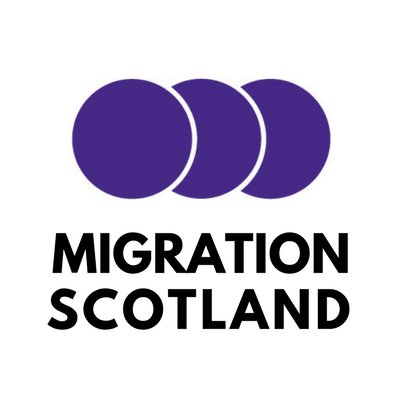Human trafficking and exploitation are complex and hidden crimes, as well as abuses of human rights and dignity. They are not only international issues, nor are they confined to our larger towns and cities, but can affect communities all over Scotland. Victims of human trafficking have been identified in all 32 of Scotland’s local authority areas: urban and rural, in villages, on islands and in cities.
The many purposes for which people are exploited are continually evolving. They include commercial sexual exploitation, labour exploitation, criminal exploitation (for example benefit fraud and forced drugs cultivation), domestic servitude, sham marriages, and organ trafficking. Scottish local authorities are committed to contributing to tackling these issues and supporting victims of trafficking and exploitation.
Work to combat human trafficking in Scotland is structured by the Scottish Government’s Human Trafficking and Exploitation Strategy. This was laid before parliament in 2017, following the Scottish Parliament’s passage of the Human Trafficking and Exploitation (Scotland) Act 2015. The strategy identifies four key priority areas:
- Identifying and protecting the victim of trafficking
- disrupting the activities of perpetrators
- addressing the conditions which foster trafficking, both in Scotland and elsewhere
- supporting the particular needs of child victims of trafficking.
Supporting victims of trafficking
If you suspect someone is a victim of trafficking, call 999 if it’s an emergency. For non-emergencies, call 101.
If you’re a victim of human trafficking, and you speak to the police, they will:
- talk to you about what has happened
- offer you protection from those that hurt you
- start an investigation
- keep you informed
You’re entitled to say whether you’d prefer to be interviewed by a male or female officer.
If you do not want to contact the police, you can contact the Modern Slavery Helpline on 0800 0121 700 or fill out the Modern Slavery Helpline online form. An advisor will read your message within 24 hours and decide what should happen next.
Resources for supporting the victims of trafficking
- COSLA has published Guidance for Local Authorities
- We have also developed the NRM Toolkit
- Scottish Government Human Trafficking and Exploitation Strategy
- The Lord Advocate has published guidelines for prosecutors in dealing with potential victims of trafficking.
- Human Trafficking – Awareness Raising Presentation (PPT)
- Human Trafficking – Common Myths (doc)
- Indicators of Human Trafficking and Exploitation







